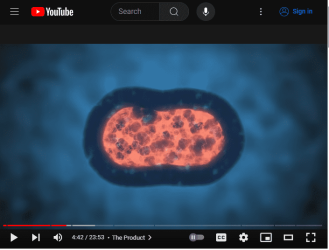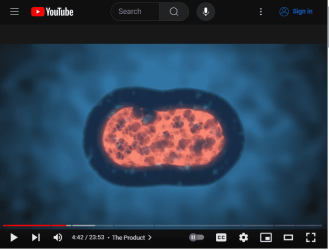Humans vary in appearance more than fruit flies from generation to generation, yet there is no evidence of evolution.
You and the Taliban. In reaction to fear of science and modernity the US had the same problem in the 1920s.
Remember the Scope's Monkey Trial?

